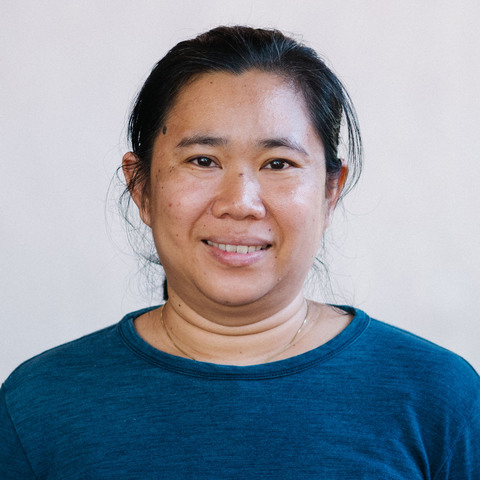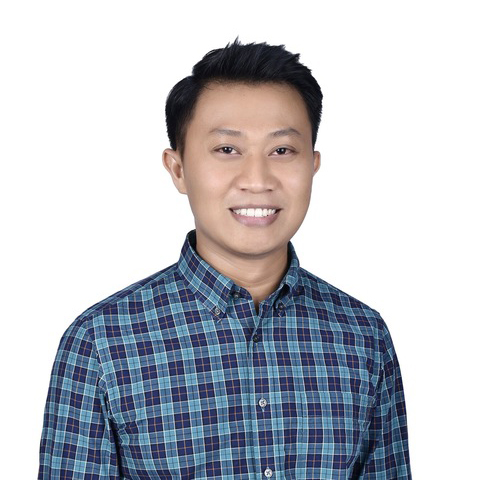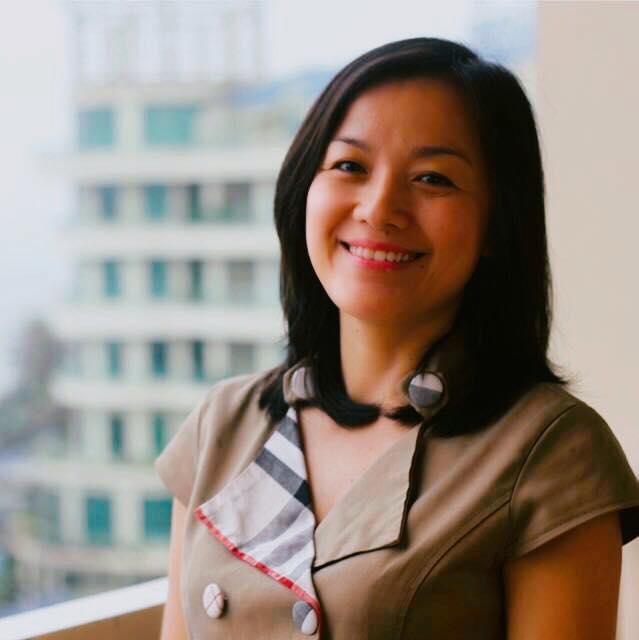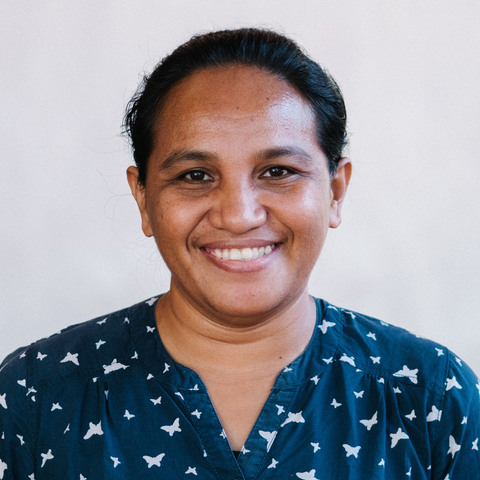
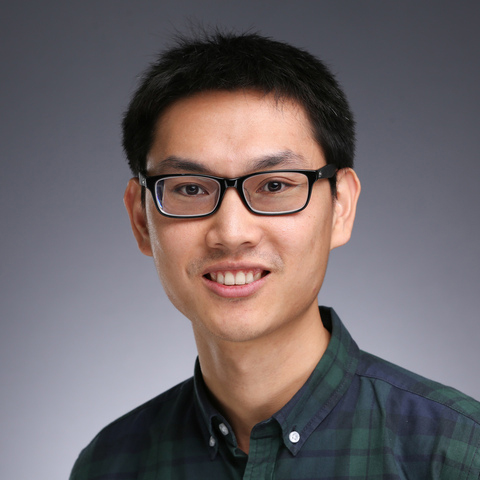
Thailand
Anond Kulthanmanusorn
Anond Kulthanmanusorn is a medical doctor and public health specialist based in Thailand. He currently serves as a researcher in health policy and systems at the International Health Policy Program (IHPP), a research unit under the Ministry of Public Health. His work focuses on primary health care (PHC) in urban settings, universal health coverage (UHC), and health equity, with an emphasis on improving access to care for marginalized populations. Anond began his career with four years of clinical experience in district hospitals in rural Thailand, including two years as a hospital director. These frontline experiences shaped his understanding of the structural barriers to healthcare faced by underserved communities. He later earned a Master’s degree in Public Health from King’s College London, where his academic work explored inequities in healthcare utilization within the Thai health system. During the COVID-19 pandemic, Anond co-led CoCare, a health professional volunteer initiative that provided over 75,000 free teleconsultations and 25,000 community-based COVID-19 tests for patients and migrant workers unable to access formal care. More recently, Anond has focused on addressing health disparities among people experiencing homelessness in Bangkok. He is a co-founder of Sookaphawa Roadside, a social enterprise that provides health services to unhoused individuals. The organization operates Thailand’s first medical respite care unit for the homeless, offering short-term recuperative care for patients with no safe place to recover after hospital discharge. In addition, the initiative coordinates a volunteer-led mobile health clinic that regularly provides basic healthcare, chronic disease follow-up, and referral support. Anond is also one of the founders of Pak Jai Clinic, a service offering free telemedicine-based abortion care for women in Thailand under the Universal Health Coverage Scheme. Over the past year, the clinic has supported more than 4,000 women with safe, confidential, and rights-based reproductive healthcare—addressing a critical gap in access, particularly for women in vulnerable situations.
